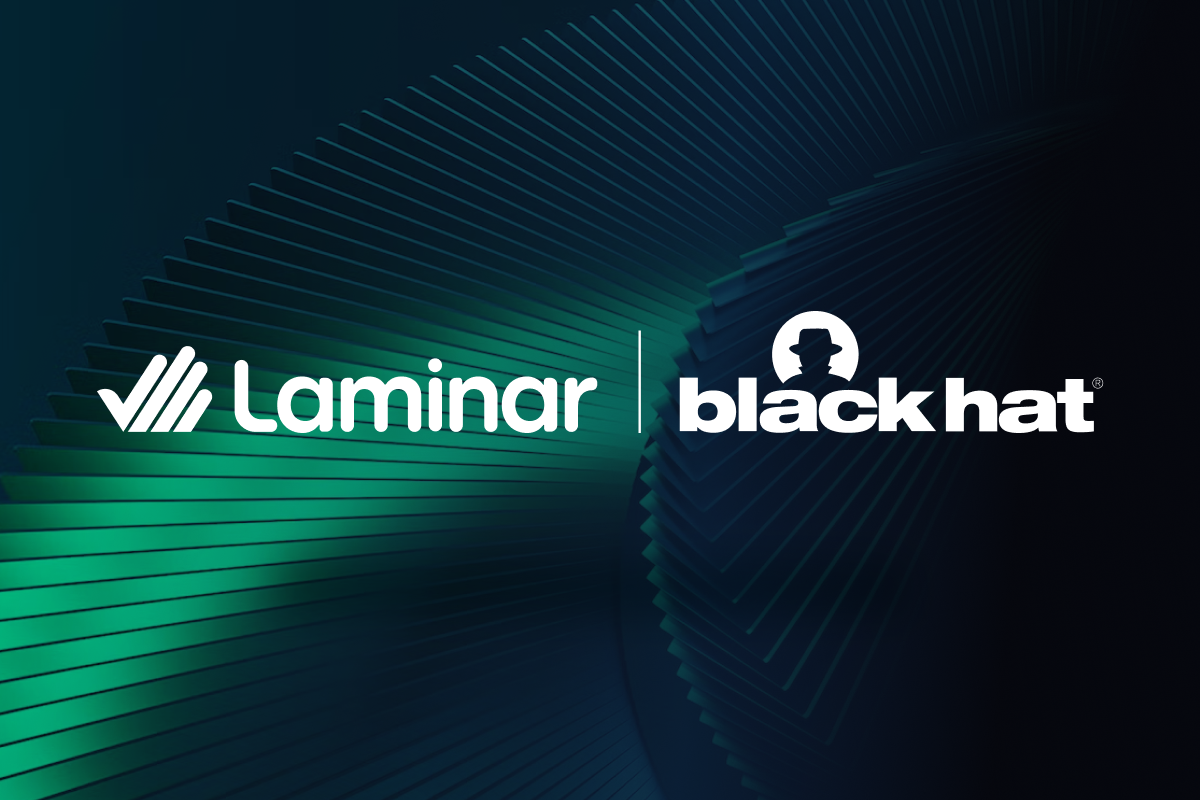Many software development teams rely on agile development practices to help them get software out the door faster. However, when organizations embrace the agility afforded by the cloud without implementing data governance, they end up with a cloud environment cluttered with redundant, obsolete, and trivial (ROT) data. When Payability recognized the need to improve its data governance processes in the cloud to maintain its own agility, the company turned to Laminar.
Payability is no stranger to the importance of agility. The fintech company eliminates the wait time associated with marketplace payouts so sellers can get the cash flow they need to buy more inventory, launch new products, get the best possible deals from suppliers — in short, be more agile.
In software development, good data governance is important to maintaining a cloud environment that fosters agility and innovation. Unfortunately, without visibility into its cloud data, Payability was struggling to establish and enforce data governance. In addition to the natural accumulation of ROT data, a lack of data governance processes was increasing cloud costs, increasing the organization’s security risk, and increasing the risk that developers would accidentally use bad data during the software development process.
Like many startups, Payability runs lean, so the team needed a solution that would make it quick and easy to detect and remediate risks to cloud data. This would require visibility into Payability’s data in the cloud. To obtain this visibility, Payability implemented Laminar, the first agile data security platform that provides organizations the visibility and control they need to support their cloud security, privacy, and governance initiatives.
As a data security posture management (DSPM) platform, Laminar provides autonomous and continuous data discovery, classification, and protection across Payability’s multi-cloud environments via a unified console. All the information the team needs to identify risks and remediate them is available in one central place, making it easy for the team to make real security improvements to the cloud environment in less time.
“In Laminar, the UI is consistent and coherent. It’s easy to find what I’m looking for, and that’s outstanding,” says Gevorg Khangeldyan, Payability’s data program manager who says it took three times longer to find the same information in the team’s other tools.
In addition to improving its data governance processes, Payability has reduced its cloud costs with Laminar. By identifying ROT data that can be safely archived or deleted, Laminar enables the team to eliminate and archive data not in use, effectively bringing down the cloud bill.
Would you like to learn more about how Laminar helped Payability reduce cost and risk in the cloud? Read the full case study here or delve into our other fintech data security case studies.
Subscribe to our blog
Get notified when a new piece is out


